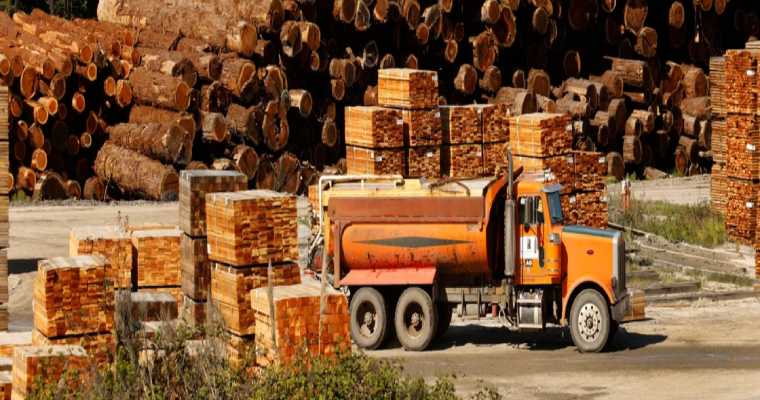At Centersource Technologies AB we are committed to the highest standards of ethical research and data integrity, guided by the ESOMAR Code of Conduct. Our data is sourced from a limited, anonymous market survey conducted with trusted and established industry participants. The insights derived from this survey reflect aggregated finalized prices as well as observed prices reported within the participants respective markets, with a focus on the highest prices recorded during the first two weeks of each month. These insights are provided for informational purposes only and are intended to indicate market trends rather than serve as comprehensive or fully representative market data.
In adherence to ESOMAR's principles, we ensure that all data collection and analysis are conducted with transparency, respect for confidentiality, and strict compliance with ethical guidelines:
- Data Sourcing and Methodology:
We exclusively use data from government, customs, or government-affiliated websites to maintain reliability and public integrity. In addition, we engage directly with industry experts to gather real-time, firsthand information. Each data point is collected, verified, and aggregated following established ethical standards, ensuring that our research processes meet the rigor recommended by ESOMAR. - Transparency and Accuracy:
All data are published promptly as they become available from the source, ensuring that our insights remain current and reflective of on-ground market dynamics. We actively seek and incorporate regular feedback from industry experts, which allows us to make real-time adjustments and continuously improve the accuracy and reliability of our data. - Ethical Data Usage and Third-Party Material:
Our adherence to the ESOMAR Code of Conduct underscores our commitment to ethical research practices. We maintain strict controls over data sharing and usage; copying or distributing our data is prohibited under our company policy. Furthermore, all necessary agreements are in place for any third-party material used, ensuring full compliance with copyright laws and industry best practices. - Limitation of Liability:
While we strive to provide high-quality, timely market insights, the data is derived from a limited sample and should be interpreted within that context. We are not liable for any damages arising from the use of this data, as it is provided solely for informational purposes and as a directional indicator of market trends.
By integrating ESOMAR's ethical guidelines into our research methodology, we ensure that our practices are transparent, respectful of data confidentiality, and aligned with internationally recognized standards. This commitment not only reinforces the credibility of our insights but also builds trust with our stakeholders and industry partners.

Middle East timber supply at risk amid escalating Israel-Iran conflict
Posted on July 2, 2025 |
Timber trade flows into the Middle East and North Africa (MENA) may slow due to escalating Israel-Iran tensions.
The Baltic and International Maritime Council warned that the Strait of Hormuz and Gulf routes are now at risk of major disruption.
Maritime activity has declined since the recent U.S. strike on Iranian facilities, reducing the number of ships passing through.
Although most trade through these routes is oil-based, timber traders are feeling the uncertainty as well.
In the U.S., fears are growing over potential reciprocal tariffs on timber exports due to a national security investigation on lumber, expected to conclude in November.
Despite global slowdowns, UAE (up 27%), Saudi Arabia (up 8%), and Egypt (up 15%) have significantly increased hardwood imports from the U.S., largely due to large-scale construction.
Australian firm Weathertex has also been active in the region, exporting sustainable timber products like wall panels and cladding to countries including Iran and Israel earlier this year.